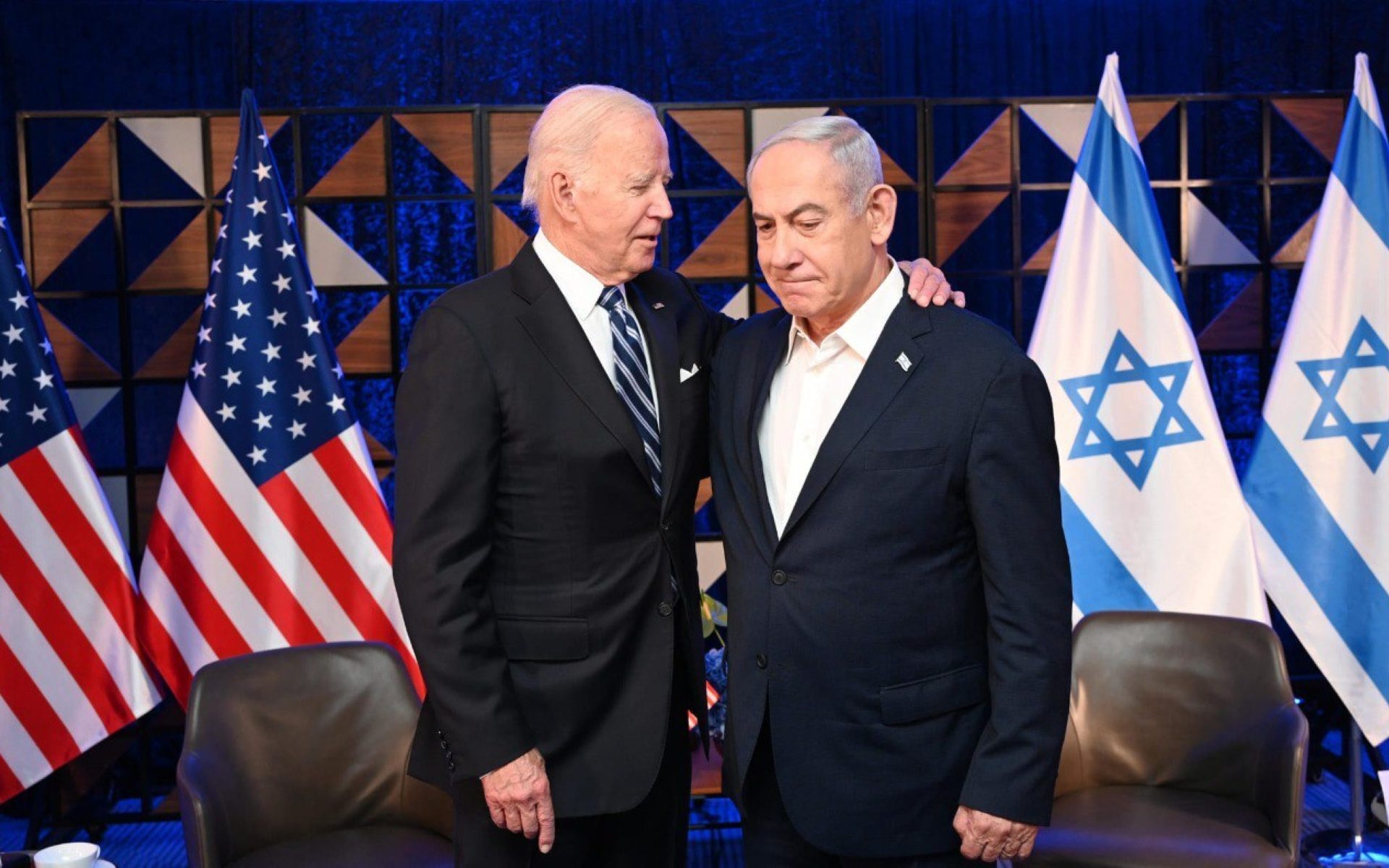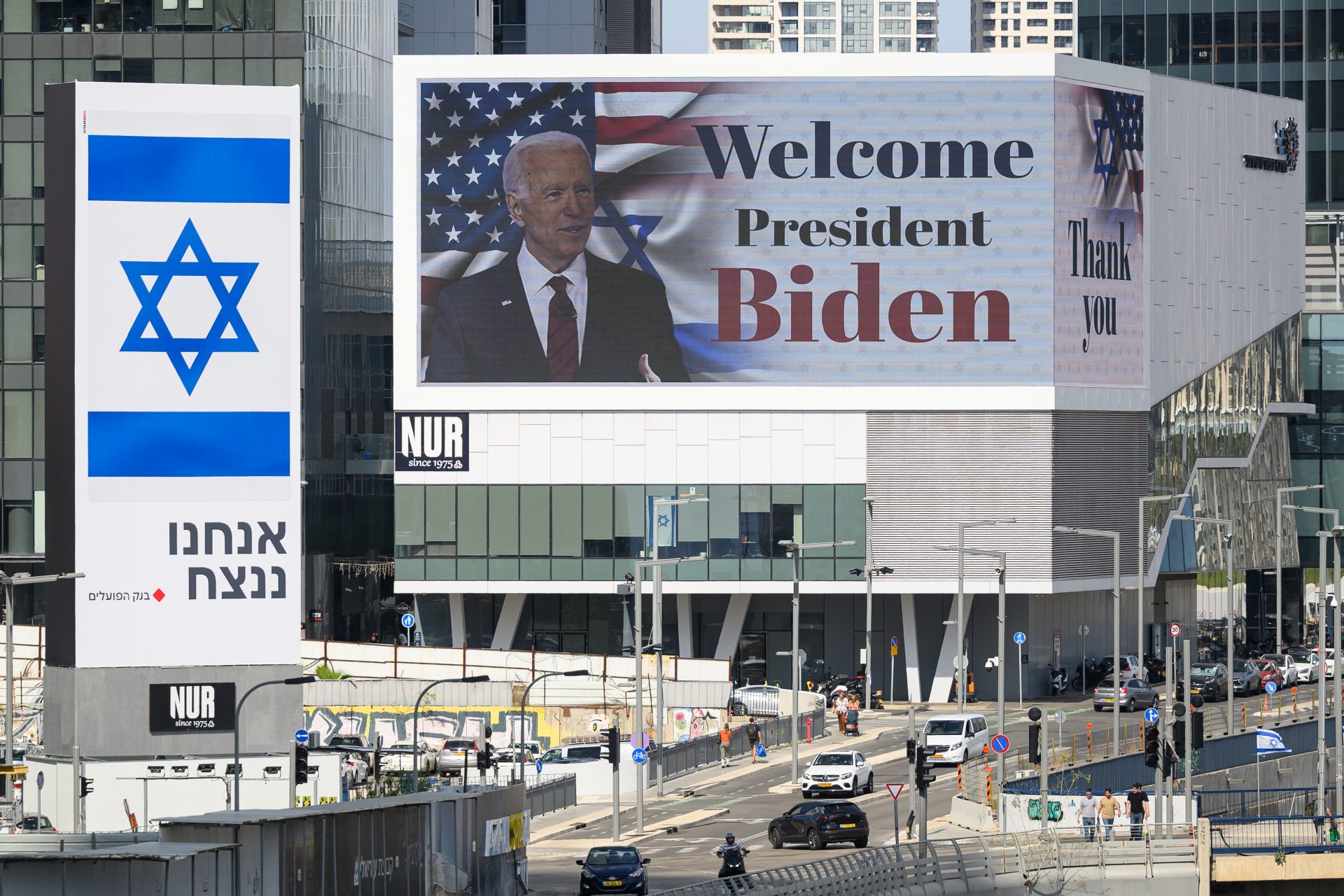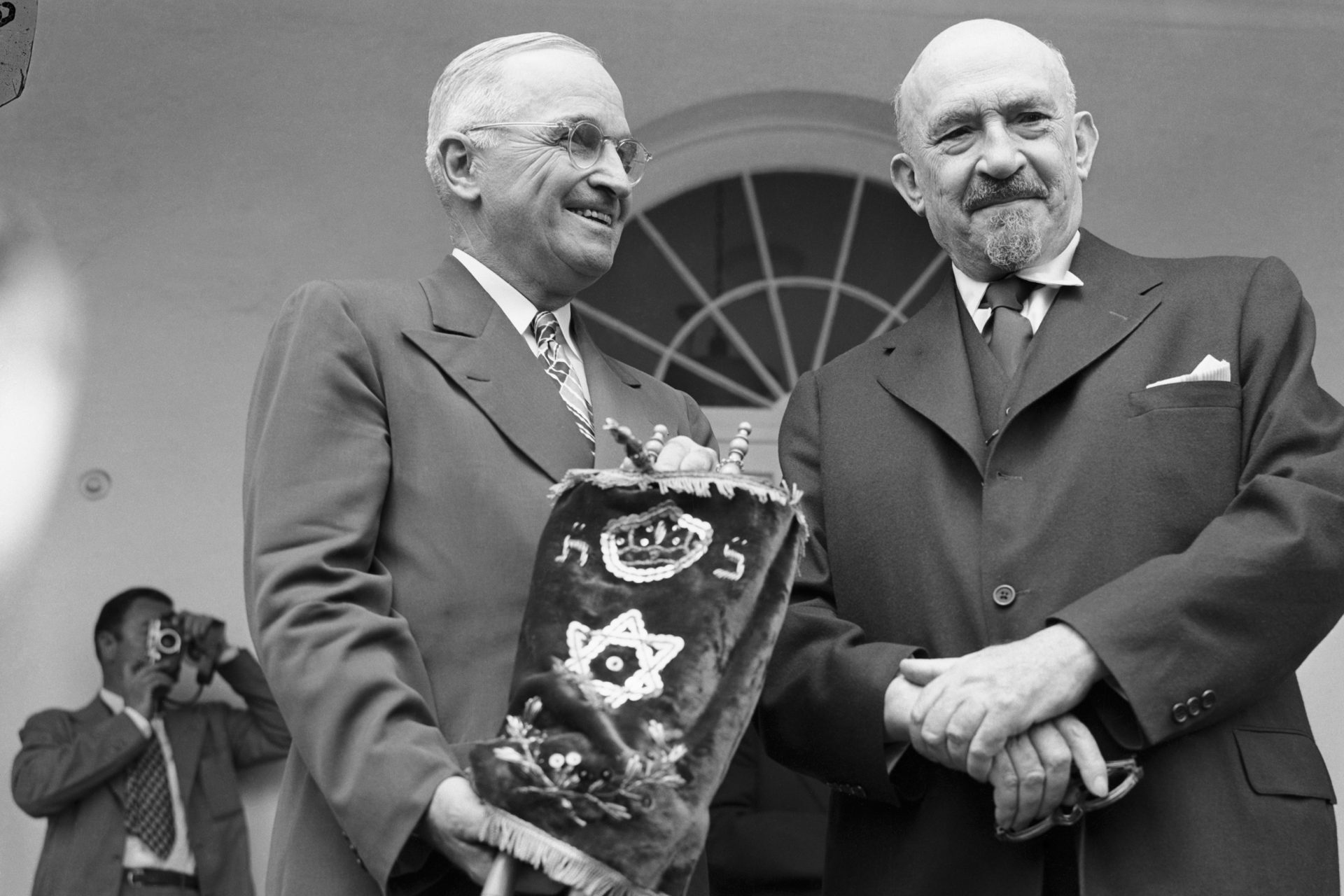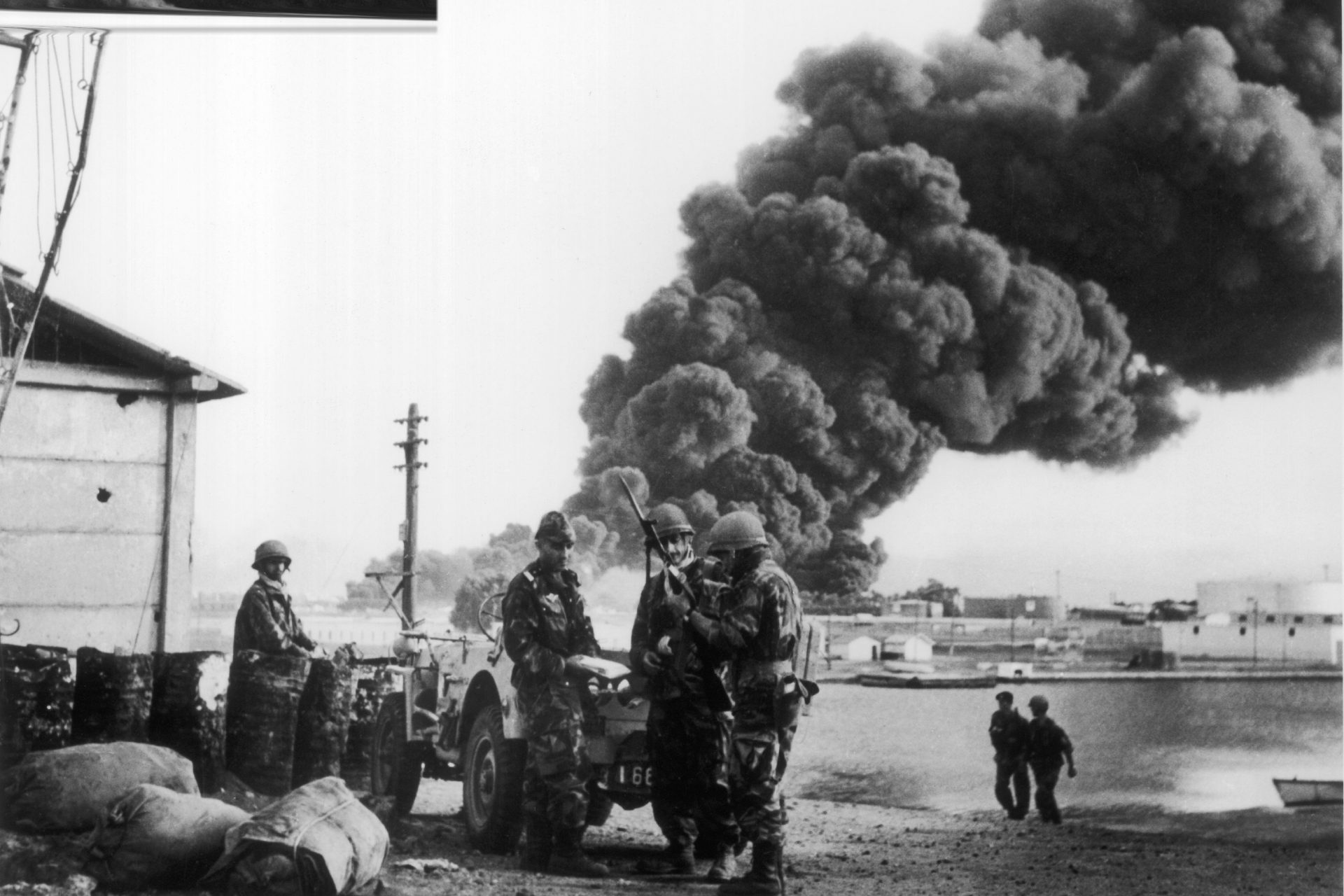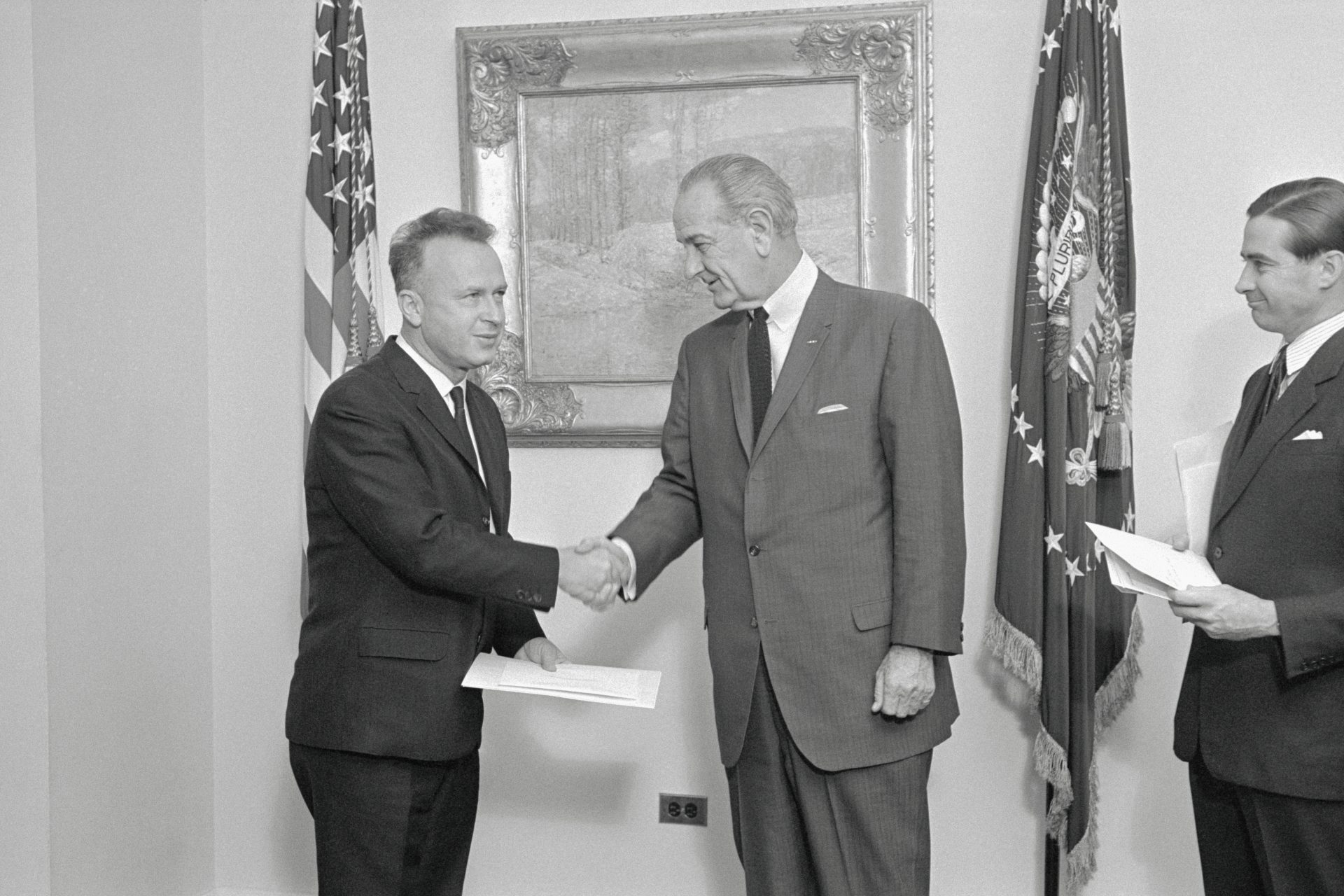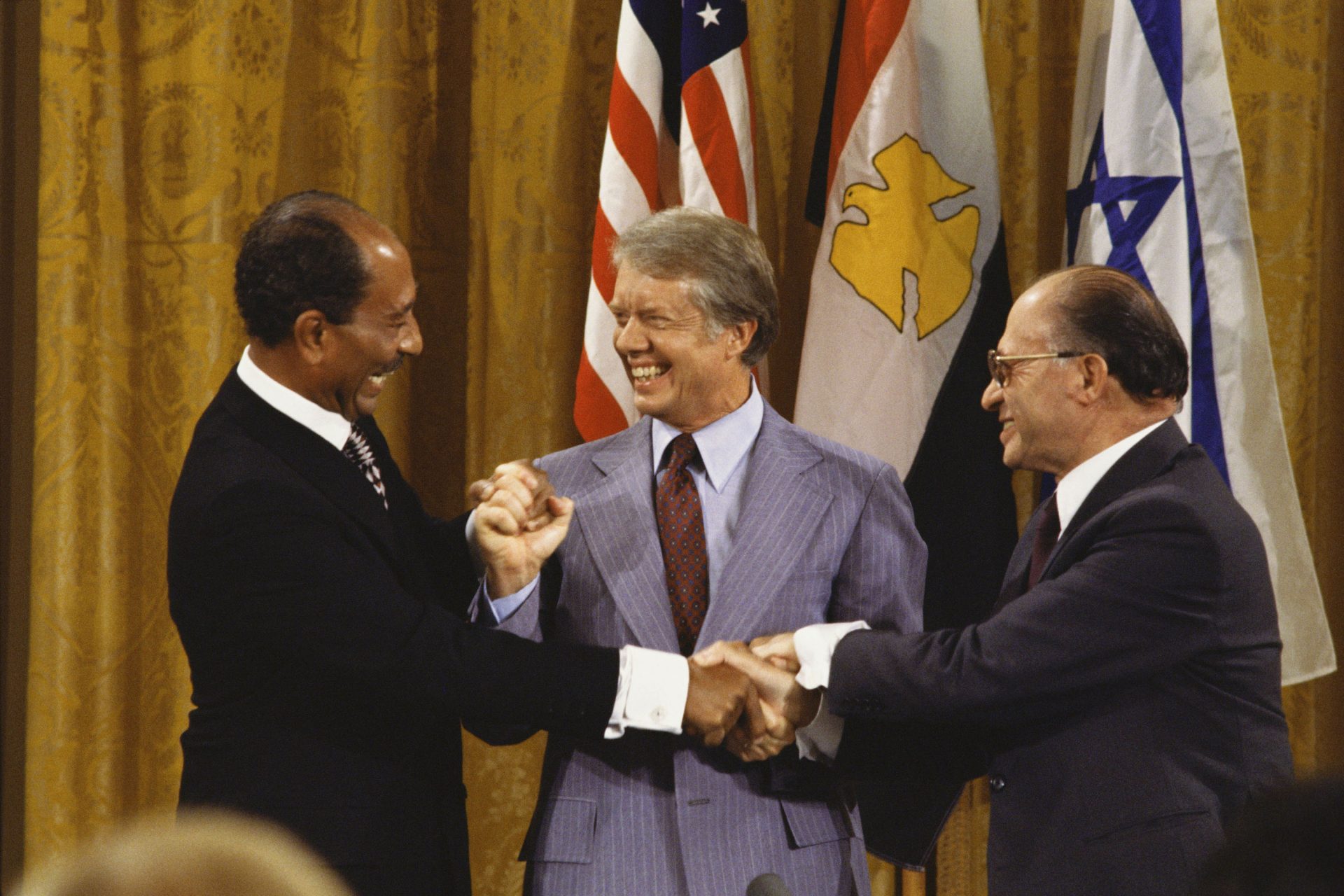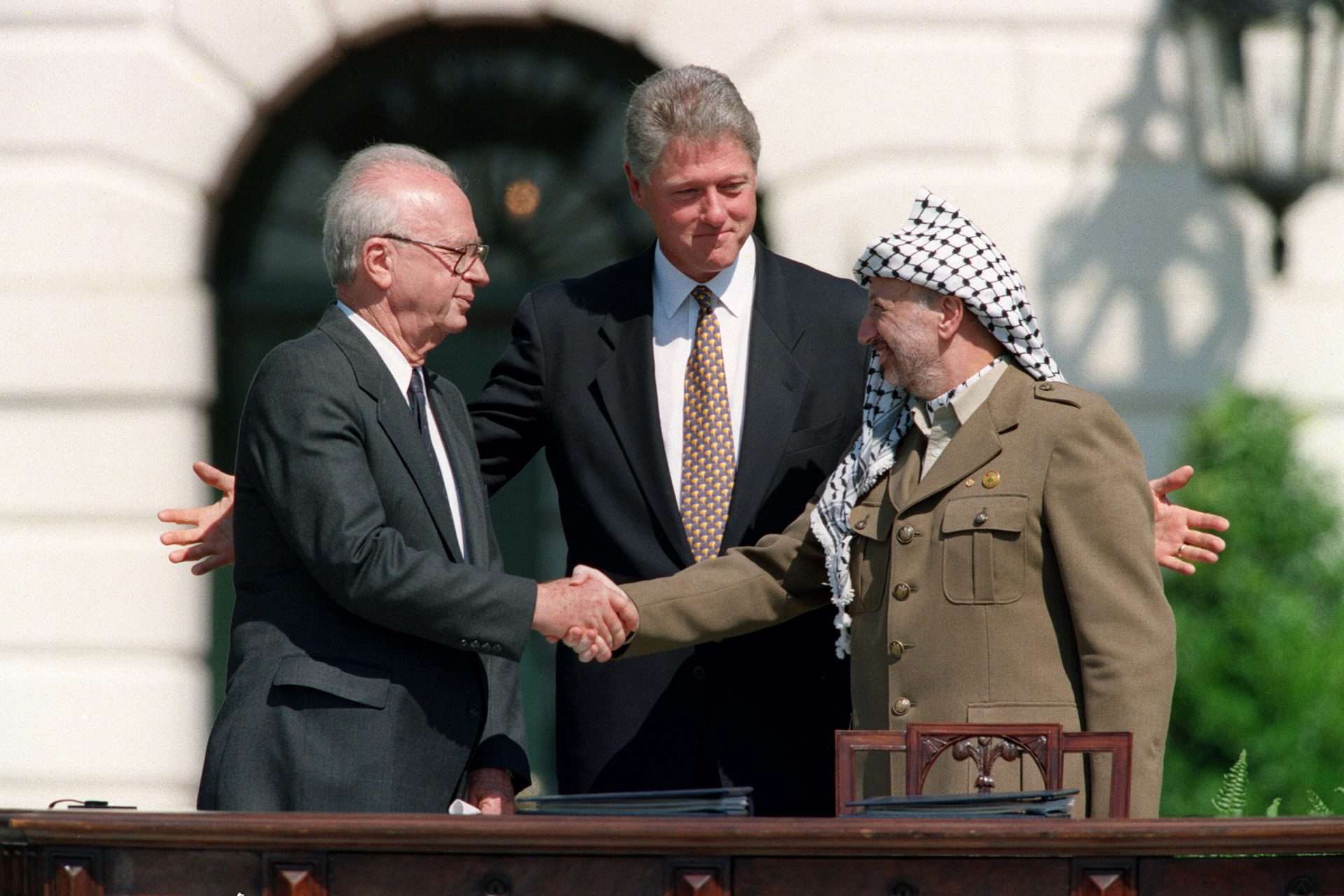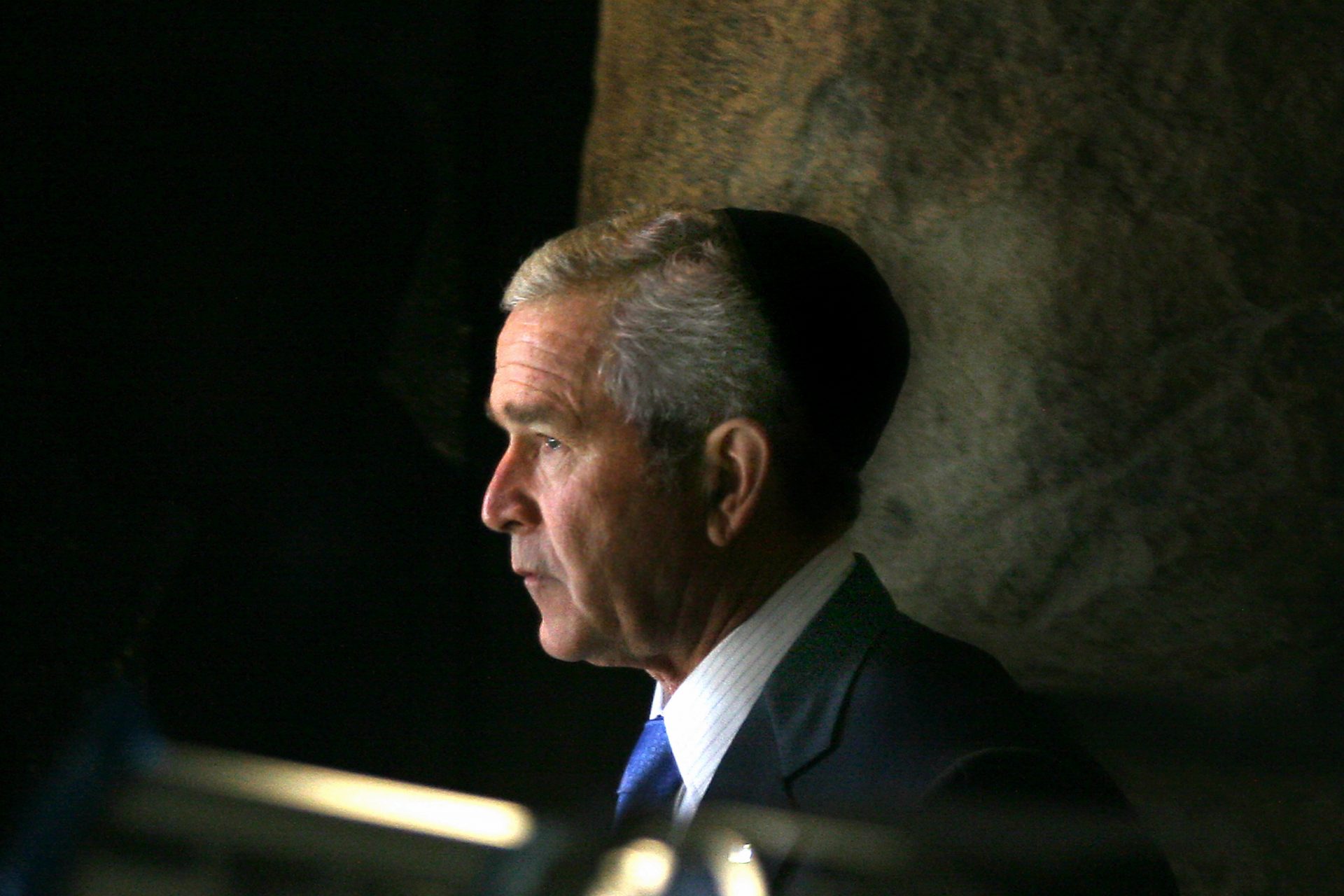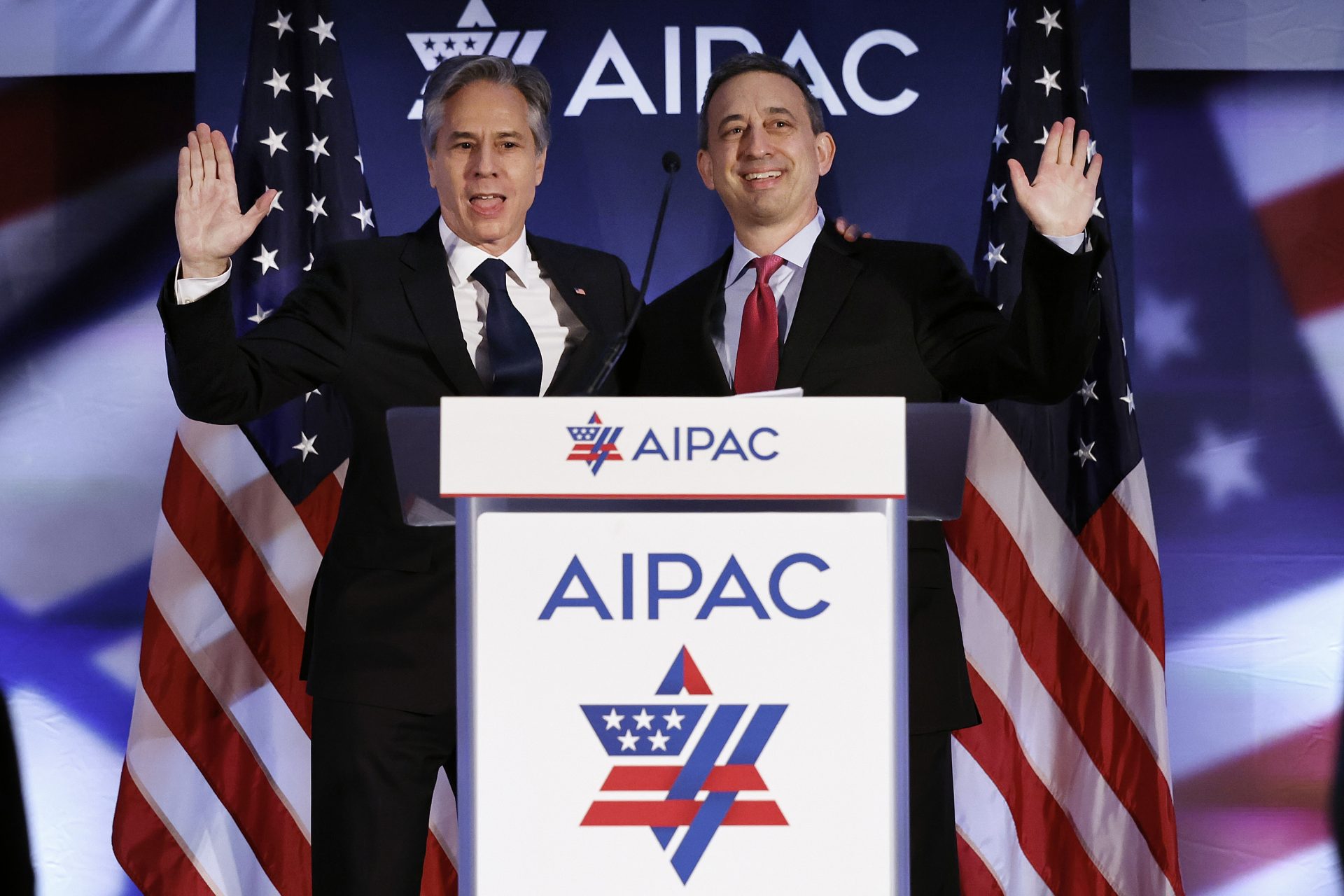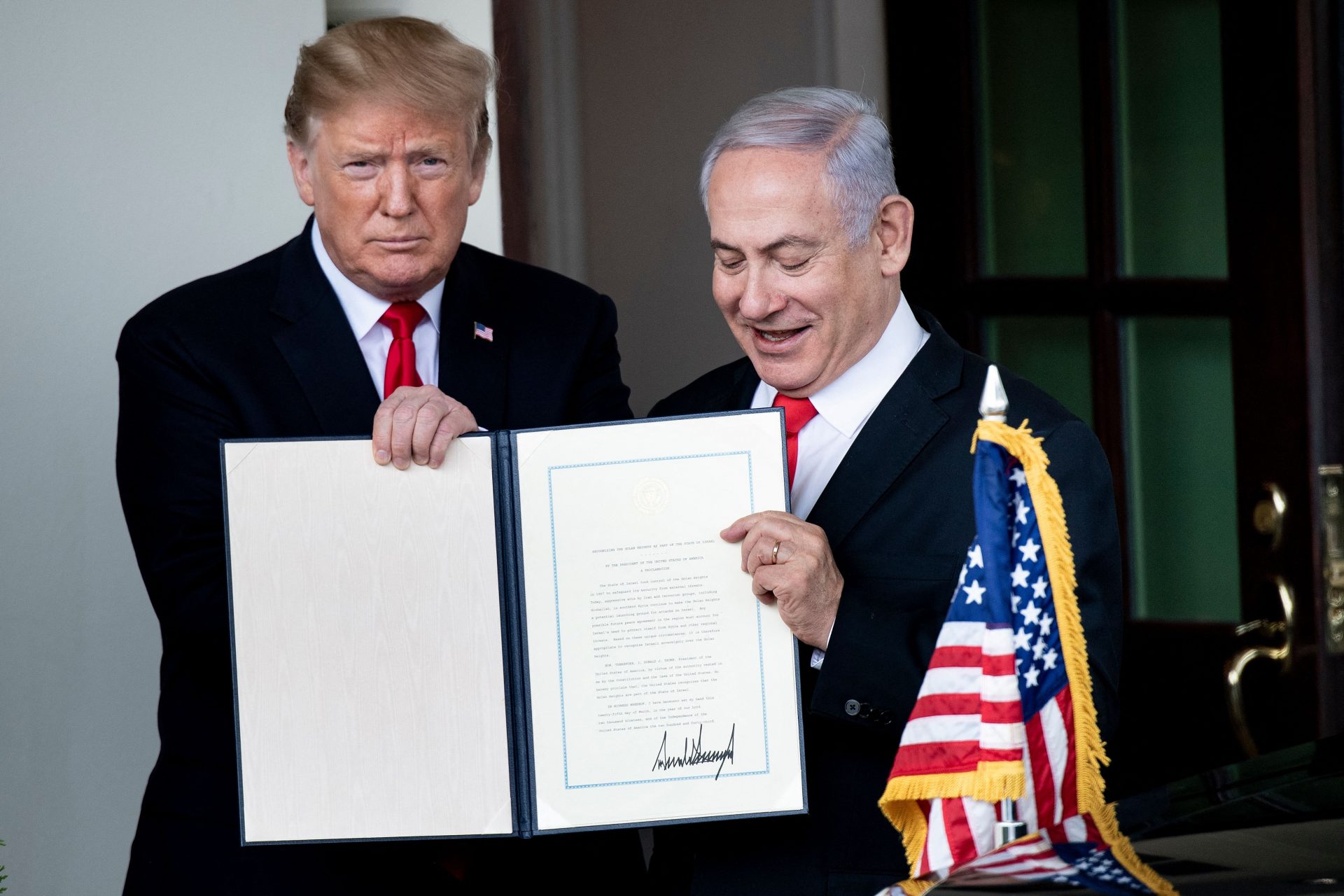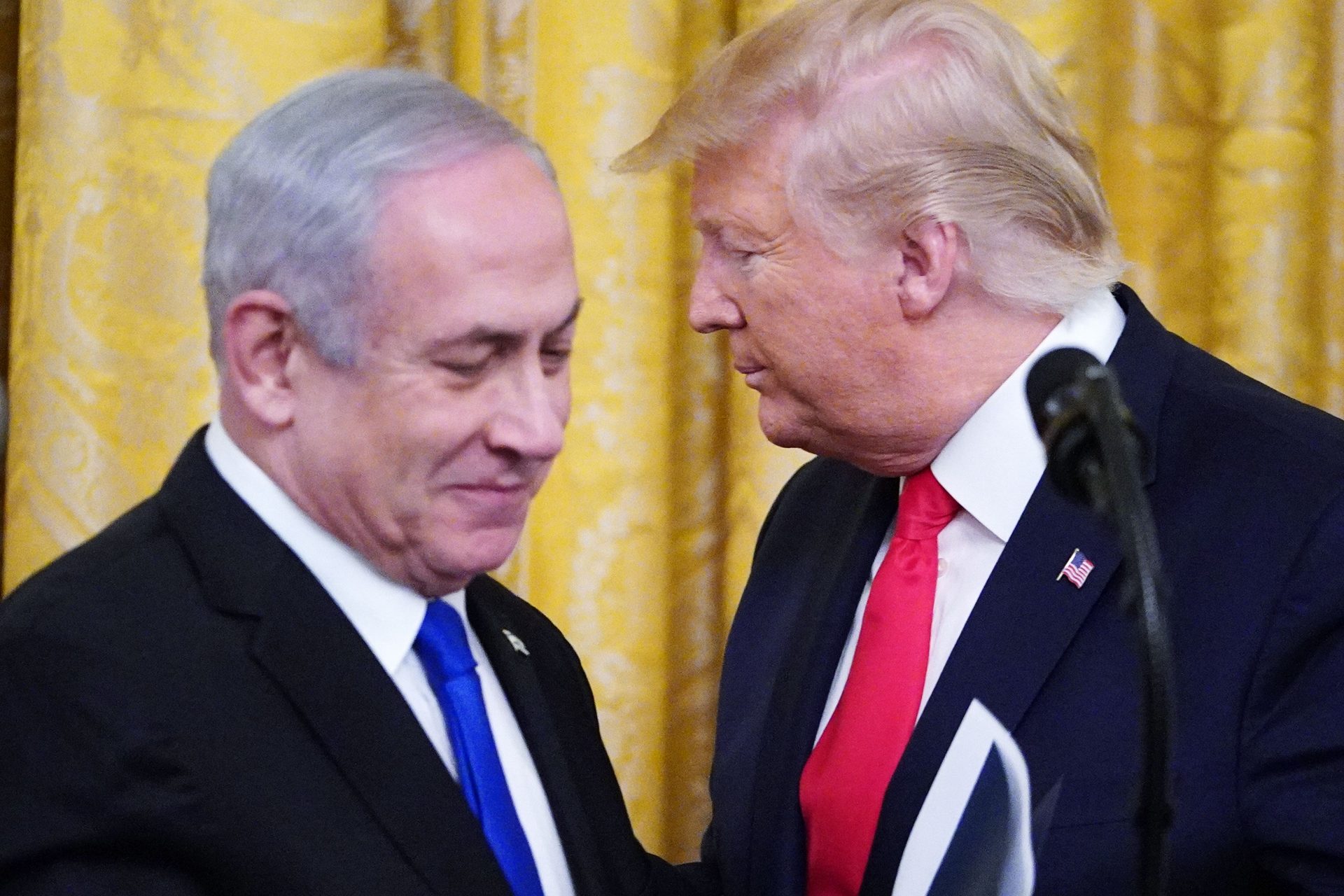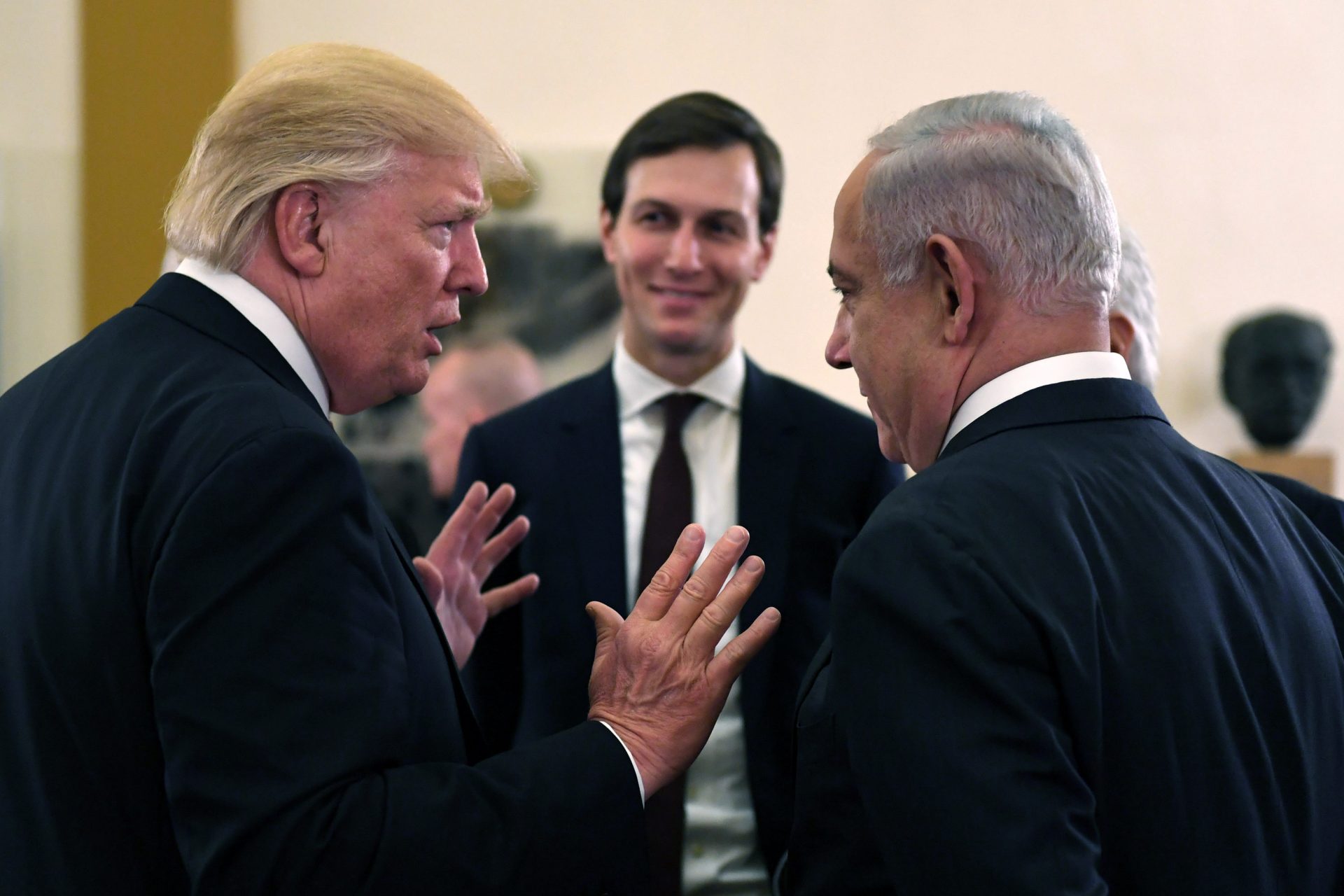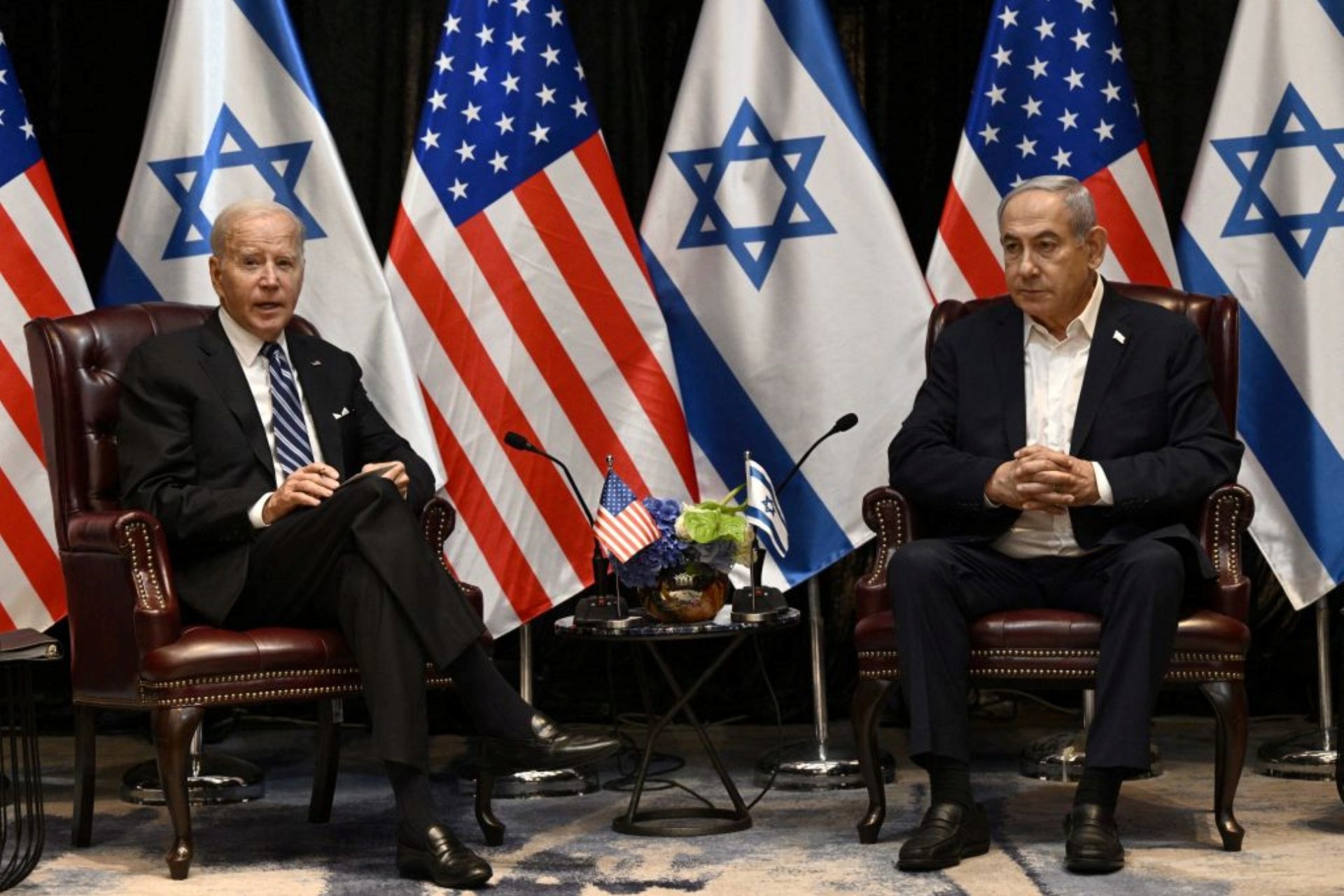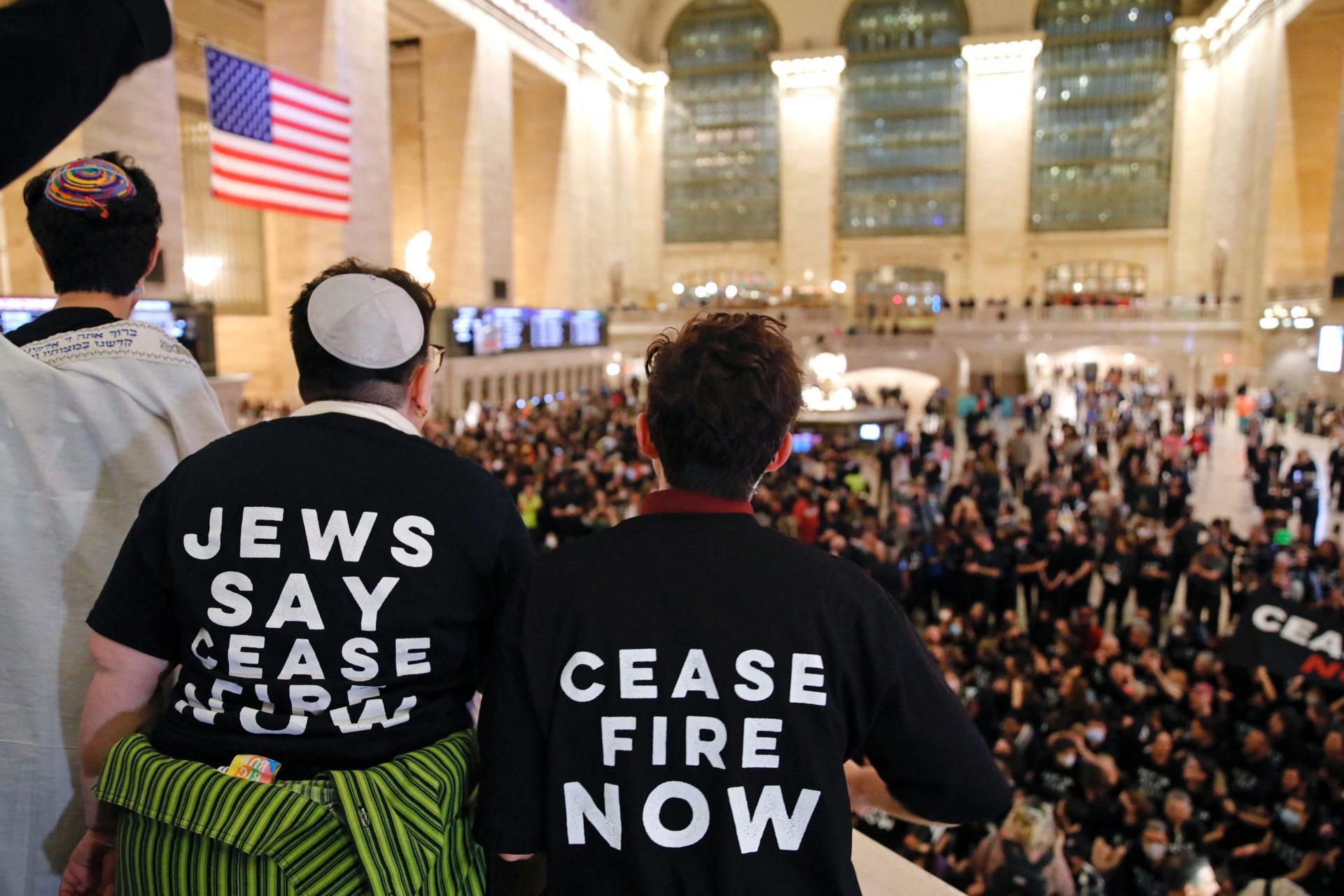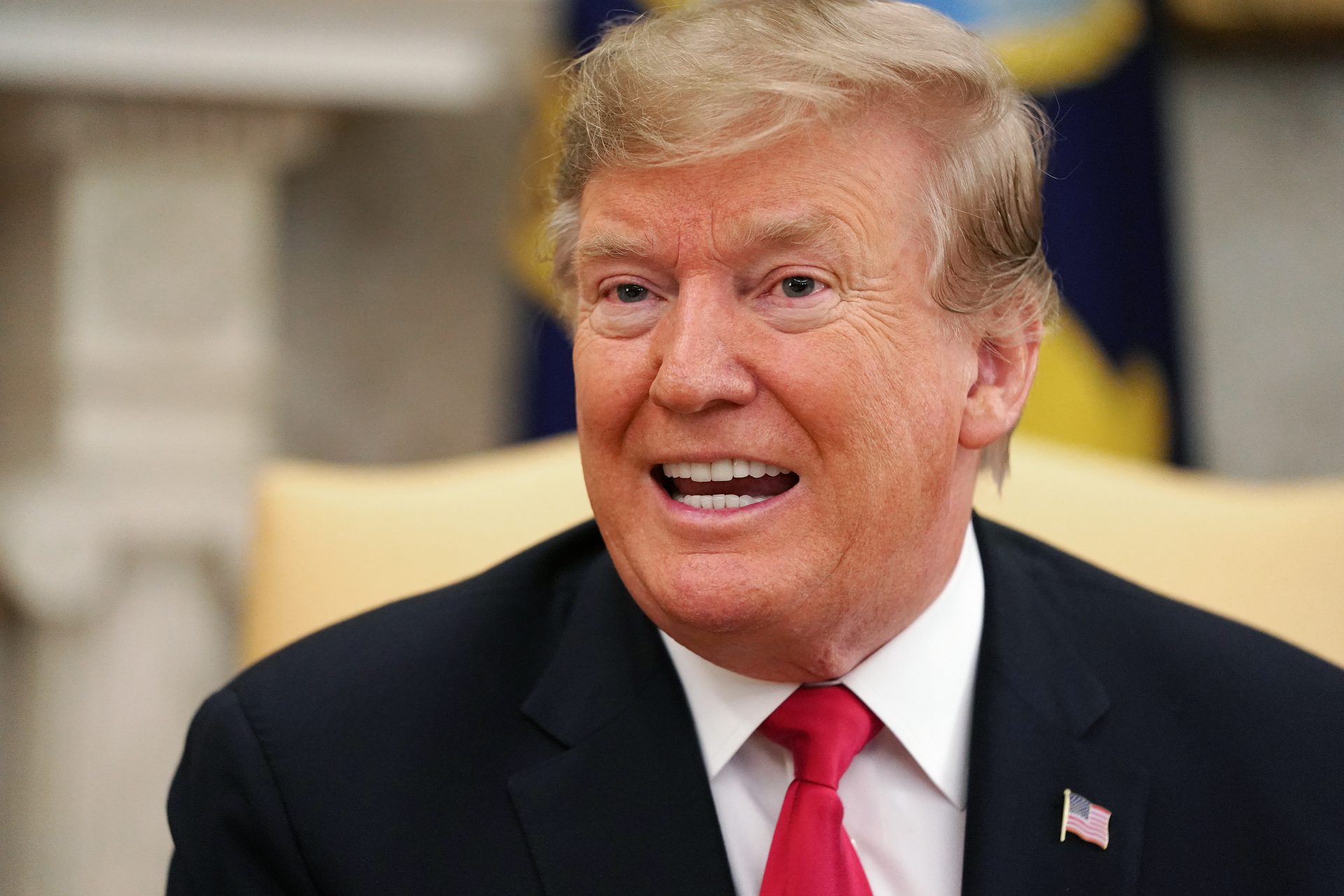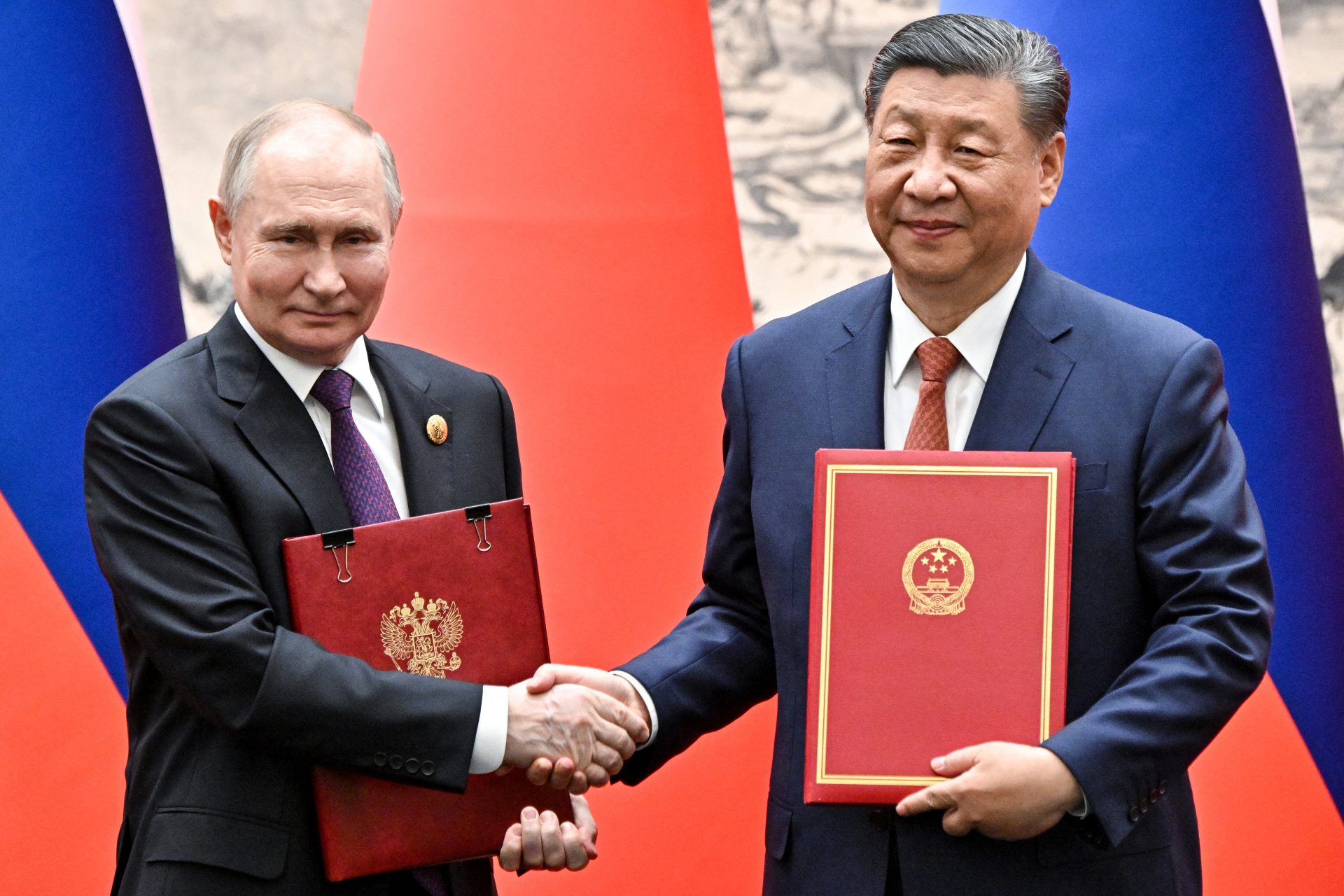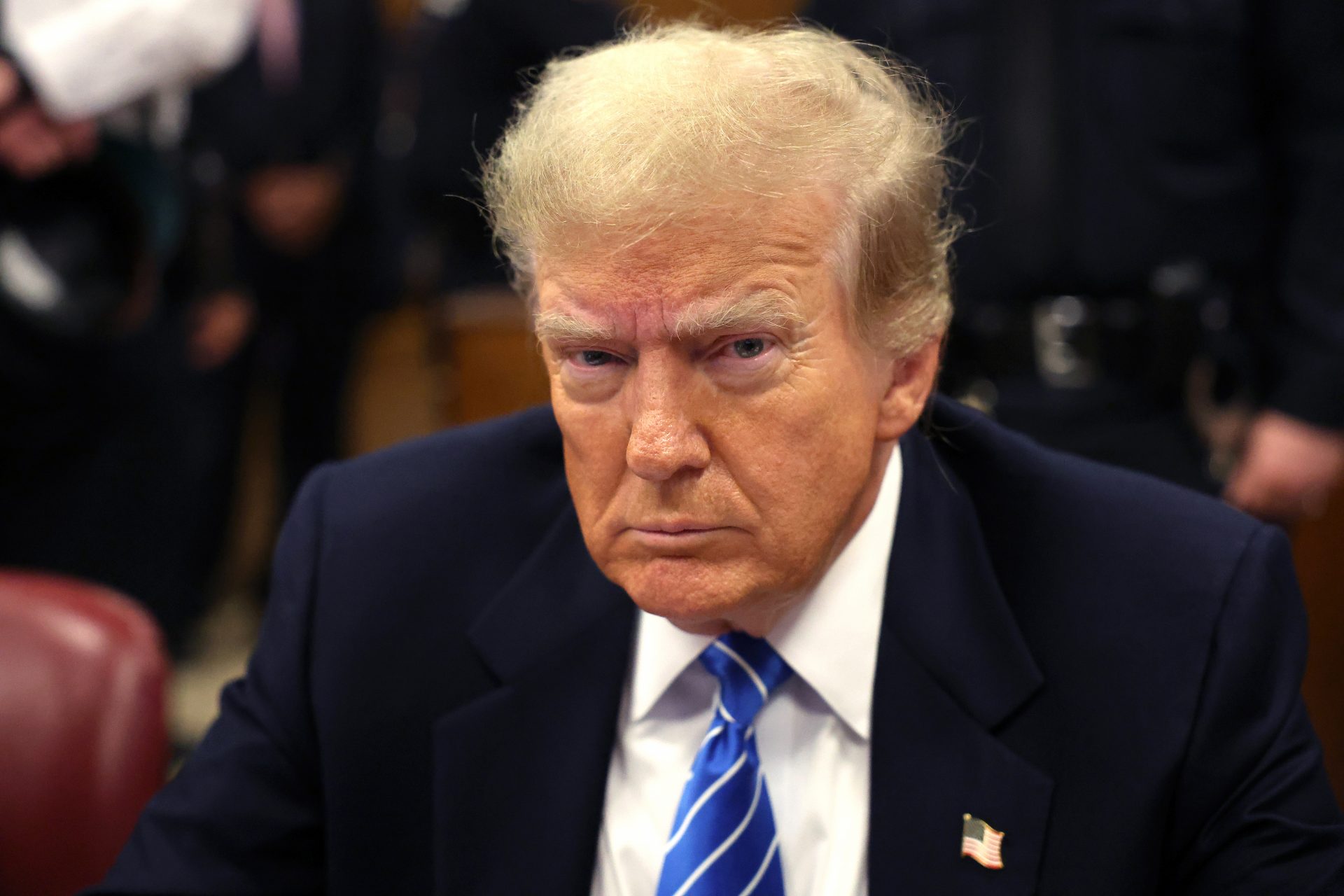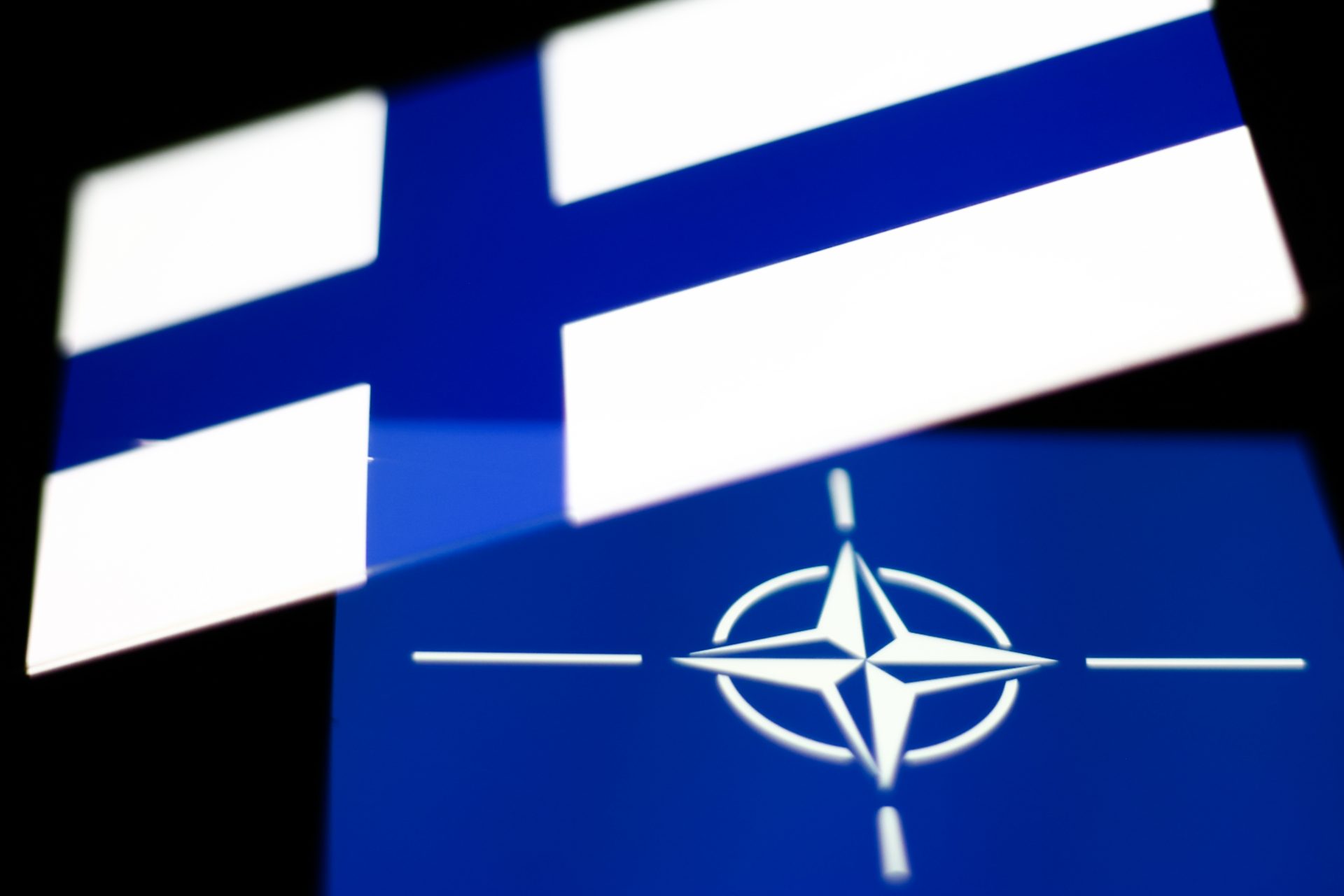The United States, Israel’s closest ally: a look back at history
Throughout the ongoing conflict, the United States' unwavering support for Israel has been clear. The US has announced billions more in aid for Israel and it was one of just 14 nations to back Israel in a United Nations vote. The remaining 120 countries voted ‘yes’ to a ceasefire while 45 nations abstained.
More than just condemning the Hamas attacks, the US has gone out on a limb to support Israel, one of its most important allies. But how did this relationship come about? And why is the United States the only country besides Fiji, Guatemala, the Marshall Islands, Micronesia, Nauru, Papua New Guinea, Paraguay, and Tonga to back Israel in the recent UN vote? Let’s dive in!
After the horrors of the Holocaust were revealed, the guilt of not doing more to stop it profoundly affected Americans. When the State of Israel was declared in 1948, the United States, under President Harry Truman, was the first country to extend recognition for its provisional government.
Image: President Truman holds the Torah with new Israeli President
The US only provided moderate aid and the relationship wasn’t especially strong during the first decade and a half of Israeli statehood. When Israeli forces invaded Egypt, and were later backed by French and British forces during the 1956 Suez Crisis, the US intervened at the United Nations to force Israel’s withdrawal.
Image: French parachutists in Egypt
In 1967, the Six-Day War saw Israel preemptively strike against Egypt, Syria, and Jordan, fearing an imminent Arab attack. Within six days, Israel significantly expanded its territory, capturing the Sinai Peninsula, West Bank, Gaza Strip, and Golan Heights. The small country proved its military might. The US was impressed.
Image: Israeli soldiers celebrate the capture of Old Jerusalem from the Jordanians.
While the US was bogged down in Vietnam, Washington saw Israel’s quick military victory as inspiring. It was the height of the Cold War and the US needed strong allies. Leaders were particularly concerned that Arab states, especially Egypt, were coming under Soviet Influence. Lyndon B. Johnson was president, and as historian George Lenczowski noted, America took a “definite turn in the pro-Israeli direction,” and it started supplying Israel with heaps of military power.
Image: Johnson meets Yitzhak Rabin, then-ambassador to the US who would later become the Israeli leader and eventually be assassinated by a right-wing extremist
Prophetic speculation about the State of Israel exploded after 1967, and in the decades following, the Christian Right rose to prominence in the US. Christian zionists, like Jerry Falwell and Pat Robertson, are ardent supporters of Israel because of verses in the Bible praising Israel or the belief in a prophecy that the second coming of Christ will only take place once the Jewish diaspora returns to the "Holy land."
In 1973, Egypt and Syria attacked Syria. The Israeli prime minister Fold Meir knew about it but didn’t take a preliminary strike because he was worried the US wouldn’t back Israel if it acted first. But since it was an attack, Nixon loaded up Israel with supplies. The strong US involvement led to the 1973 OPEC oil embargo on the US and other allies.
With intense US mediation, Israel and Egypt signed a peace treaty in Maryland in 1978, showcasing the role of Jimmy Carter’s administration in facilitating peace in the region. It led to Israel’s withdrawal from Egypt’s Sinai Peninsula and the disintegration of a united Arab front opposing Israel. This had major implications on Middle East power dynamics.
Image: Leaders of Egypt, the US and Israel
In 1981, the two countries signed the strategic cooperation agreement, solidifying the alliance. It established a framework for increased military cooperation, joint military exercises, intelligence sharing, and strategic planning. As a strategic partner in the volatile Middle East region, the US also called Israel a “major non-NATO” ally in 1989.
After the fall of the Soviet Union, the US saw the facilitation of the Oslo Accords (the first agreement signed in Washington) as pivotal in fostering Middle East peace and stability, aligning with its strategic interests in a “unipolar” world. It reflected America’s role as a peace broker, aiming to secure enduring peace and reduce regional tensions. However, the peace agreements never set in. Extremists, fighting against concessions on both sides, gained strength.
In a rare peak behind the curtain, a 2001 video of current Prime Minister Benjamin Netanyahu surfaced where he said: "I know what America is; America is a thing you can move very easily, move it in the right direction... They asked me before the election if I'd honor [the Oslo accords], I said I would, but ... I'm going to interpret the accords in such a way that would allow me to put an end to this galloping forward to the '67 borders."
While Israel didn't back all of America's response to the attack, Israel proved a strong ally after Sept. 11. Much of the funding that the US had provided to Israel led to the development of world-class surveillance technology, which benefited the US. In 2003, as Israel combatted the Second Intifada and the economy saw a huge downturn, the US provided Israel with $9 billion in loans.
Especially as the US got more involved in the Middle East, Israel was viewed as a “force for stability” University of Texas professor Brent Sasley told media outlet Vox. “ If there's fear of Jordan being undermined by an internal or external enemy, the United States sometimes turns to Israel to pose a threat to that threat."
In the United States, support for Israel has cut across bipartisan lines. Experts like Stanford Professor Joel Beinin says some of that has to do with the powerful pro-Israeli lobby, made up of powerful Christian and Jewish groups. One of them, AIPAC, has 100,000 members. Their support, and more importantly, funding, is key in the American political system.
After some spats with the Obama administration, Trump’s foreign policy turned out to be fiercely pro-Israel. He pulled out of the Iran nuclear deal, announced that the US would open its first military base in Israel, recognized Jerusalem as the capital and made America the first country to recognize the Golan Heights as part of Israel.
At first, Trump was skeptical about Israel. Netanyahu helped convince Trump to take Israel's side by showing him a fake video of Palestinian President Mahmoud Abbas calling for the killing of children, former Secretary of State Rex Tillerson told Bob Woodward in his book 'Rage.'
Spearheaded by Trump’s son-in-law Jared Kushner, the Abraham Accords involved Arab states that previously didn’t recognize Israel to normalize relations. Bilateral agreements were signed with the UAE, Bahrain, Morocco, and Sudan. Talks with Saudi Arabia were also underway. Some applauded these moves, but others highlighted that they ignored the Palestinian issue and took the two nations farther away from peace. The Biden administration supports them.
While US President Joe Biden has emerged as Israel’s closest ally in recent weeks, observers have also pointed out that Biden has warned Netanyahu not to repeat the US’s mistakes in Iraq and to show constraint on the civilian population. Before Oct. 7, Biden had not invited the far-right Netanyahu to the White House, as their personal politics clash.
Meanwhile, the United States has seen massive protests in favor of the Palestinian people and against the siege of Gaza. Even before this October, support was waning. A March 2023 Gallup poll for the first time found more Democrats supported Palestinians than Israelis.
When Hamas attacked Israel with such horror on Oct. 7, the group would have been well aware that it would trigger Israel, led by Netanyahu, to strike back with exteme violence. Some now wonder if that was a move intended to make Israel go beyond the pale, becoming a pariah to even traditional allies like the US. So far, that's not the case. But the United Nations and most other countries are not supporting its moves on Gaza.
More for you
Top Stories



